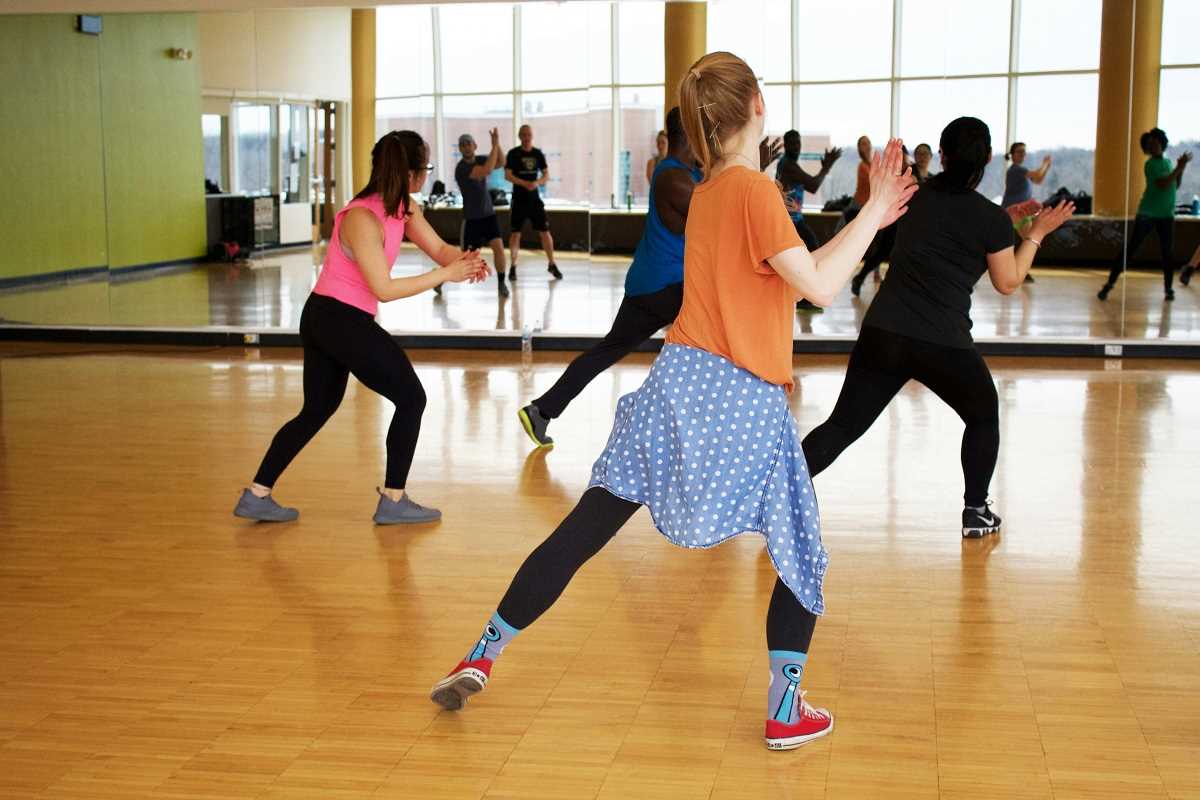Anxiety influences the lives of millions around the world, often making even the simplest daily tasks feel overwhelming and challenging. A growing need for effective anxiety management has led many to seek alternatives beyond conventional methods. One unexpected yet promising solution is found in Zumba, a high-energy dance workout that transcends traditional fitness by delivering significant mental health benefits. Zumba distinguishes itself by combining rhythmic movement, lively music, and a dynamic group setting that sparks joy and fosters community.
Participants benefit from an engaging exercise experience that boosts cardiovascular fitness and triggers the release of endorphins, thereby reducing stress and alleviating anxiety. The vibrant atmosphere in Zumba classes helps distract from anxious thoughts, promoting a sense of well-being and resilience. In addition, the social interaction inherent to Zumba provides a supportive environment that encourages regular participation and sustained mood improvement. This innovative practice offers remarkable, lasting long-term benefits, proving that a dance-based workout can serve as an effective tool for managing anxiety while simultaneously enhancing both mental and physical health.
The Link Between Exercise and Mental Health
Regular physical activity consistently links to improved mental health. Different forms of exercise contribute to mental well-being in various ways:
- Cardiovascular Exercises: Activities like running and cycling release endorphins, which help reduce stress and improve mood.
- Strength Training: Lifting weights not only builds muscle but also enhances self-esteem and cognitive function.
- Yoga: Combines physical postures with breathing techniques, promoting relaxation and mental clarity.
- Zumba: Merges dance with aerobic movements, offering both physical exertion and a fun, social atmosphere that can distract from anxious thoughts.
Among these, Zumba uniquely blends dance, music, and social interaction, creating an environment that uplifts both physically and emotionally. This combination makes it particularly effective in addressing anxiety compared to more solitary forms of exercise.
The Science Behind Zumba and Anxiety Reduction
Scientific research supports the effectiveness of Zumba in reducing anxiety levels. Studies have shown that engaging in rhythmic physical activity, such as dancing, can lower cortisol levels—the hormone associated with stress. The structured yet enjoyable nature of Zumba sessions promotes the release of serotonin and dopamine, neurotransmitters that play key roles in mood regulation and happiness.
Experts in mental health recommend activities that combine physical movement with social interaction, as both elements are crucial for reducing symptoms of anxiety. The group setting of Zumba classes not only provides a sense of community but also encourages regular participation, which is essential for sustained mental health benefits.
Unexpected Benefits of Zumba
- Enhanced Cognitive Function: Regular Zumba sessions improve memory and cognitive flexibility by engaging the brain in learning new dance routines.
- Boosted Confidence: Mastering dance moves and performing in front of others can significantly enhance self-esteem and confidence.
- Social Connectivity: Building relationships with fellow participants creates a support network that can provide emotional stability.
- Improved Sleep Quality: Physical exertion during Zumba helps regulate sleep patterns, leading to deeper and more restful sleep.
- Increased Resilience: Overcoming the physical challenges of Zumba builds mental resilience, helping individuals better cope with anxiety triggers.
These unexpected benefits demonstrate that Zumba’s impact extends beyond immediate anxiety relief, contributing to long-term mental and emotional well-being.
Comparing Zumba with Other Fitness Activities
When it comes to reducing anxiety, Zumba may offer distinct advantages over other fitness activities. Unlike solitary exercises such as running or cycling, Zumba provides a dynamic social environment that can enhance mood through positive interactions. The structured choreography of Zumba keeps participants engaged and focused, reducing the likelihood of anxiety-inducing distractions.
In comparison to yoga, which emphasizes mindfulness and slow movements, Zumba’s high-energy format can provide an immediate and vigorous outlet for pent-up stress and anxiety. While both activities are beneficial, the choice between them may depend on individual preferences and the specific ways in which they seek to manage their anxiety.
Zumba’s combination of physical exertion, musical rhythm, and social engagement creates a unique and effective approach to managing anxiety, setting it apart from other fitness activities.
Zumba provides a vibrant, multifaceted approach to managing anxiety by combining physical exercise with social interaction and mood enhancement. Its benefits offer a compelling alternative for those seeking improved mental and physical well-being.
 (Image via
(Image via





